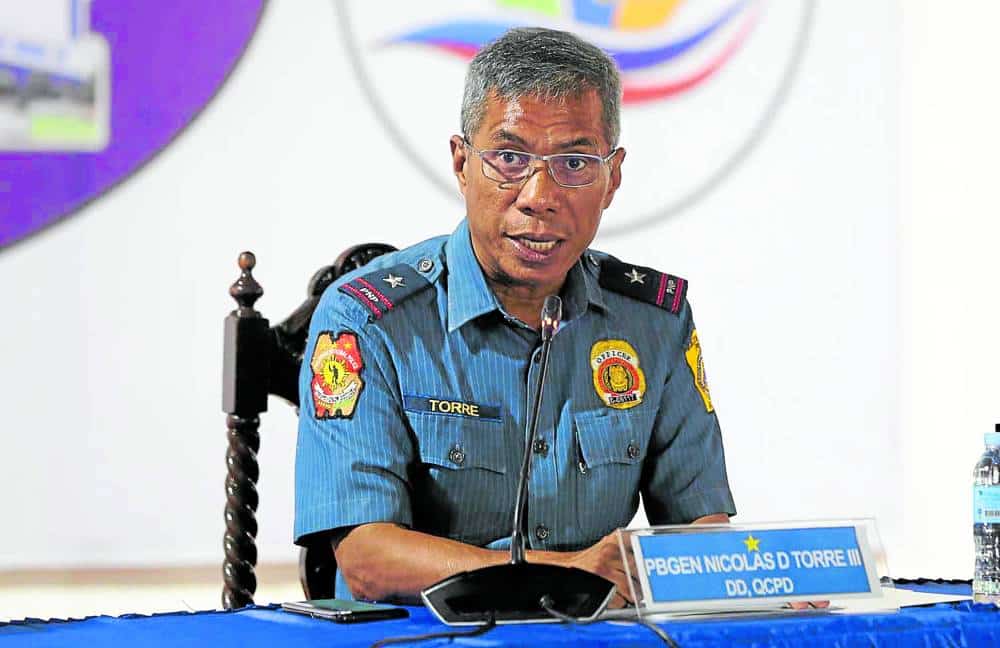Manila, Philippines – Police Major General Nicolas Torre III has been appointed as the next Chief of the Philippine National Police (PNP), succeeding General Rommel Francisco Marbil, whose term officially ends on June 7, 2025. The transition of command is set for June 2.

The announcement was made by Executive Secretary Lucas Bersamin on Wednesday, emphasizing that the appointment falls under the exclusive discretion of President Ferdinand Marcos Jr.

“The selection process for the PNP chief is strictly confidential,” Bersamin said. “The President alone decides, and we are confident in the leadership of Maj. Gen. Torre.”
Secretary of the Interior and Local Government Jonvic Remulla also expressed his full support for the incoming PNP chief, describing Torre as a capable and forward-thinking leader. “His track record speaks volumes,” said Remulla. “We expect him to lead with integrity, foster innovation, and enhance public trust in the police force.”

Torre is a seasoned law enforcement officer with a reputation for firm and decisive leadership. He formerly served as the chief of the Criminal Investigation and Detection Group (CIDG), during which time he oversaw high-profile operations including the controversial arrest of former President Rodrigo Duterte in March 2025 for alleged crimes against humanity linked to the bloody war on drugs. Torre also led the 16-day manhunt that culminated in the arrest of Kingdom of Jesus Christ leader Apollo Quiboloy in September 2024 over charges of human trafficking and sexual abuse.
In addition to his CIDG tenure, Torre has held key leadership positions across the PNP, including Regional Director of Police Regional Office 11 in Davao, Chief of the Quezon City Police District, and head of the PNP Communications and Electronics Service.
House Speaker Ferdinand Martin Romualdez welcomed the appointment, describing Torre as a “principled and fearless officer whose professionalism and dedication to duty are beyond question.”
Torre’s appointment comes at a time when the PNP faces mounting challenges in restoring public confidence, addressing internal reforms, and adapting to evolving threats in law enforcement.







